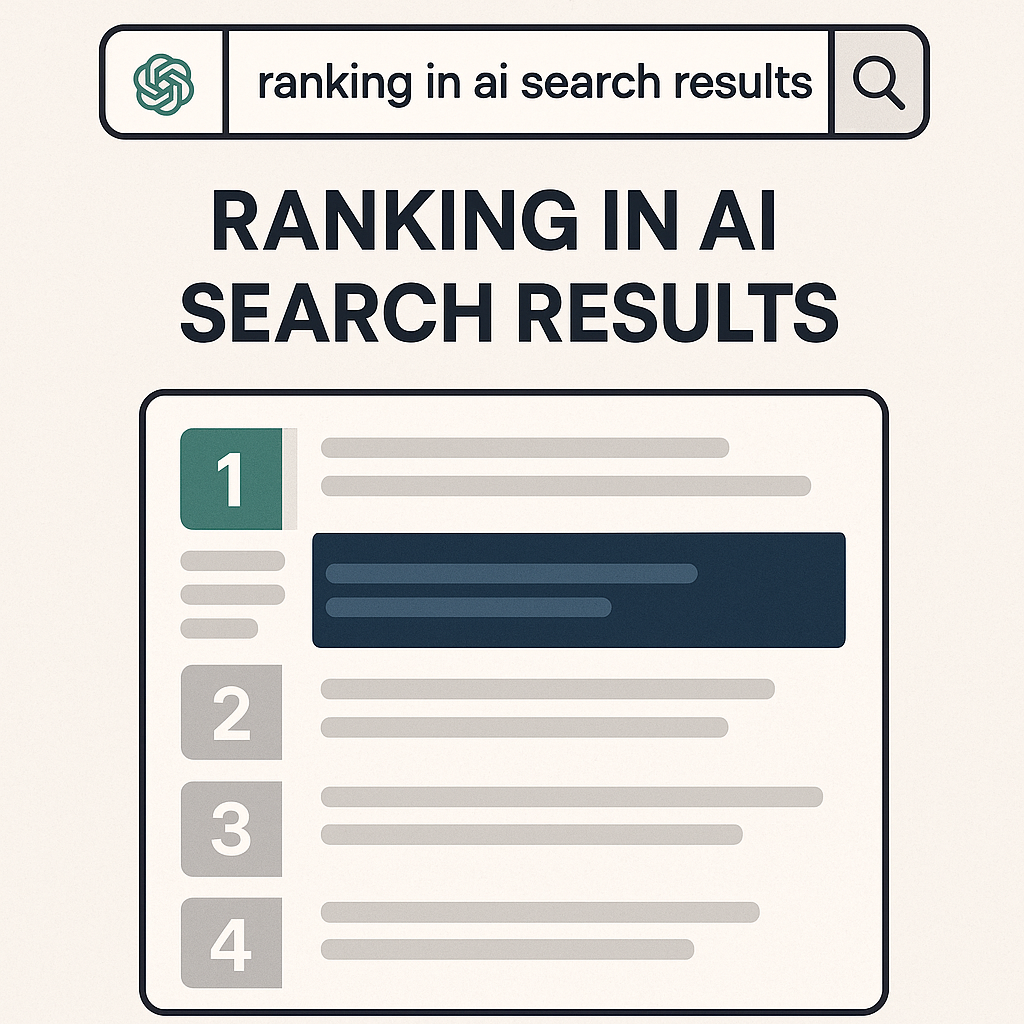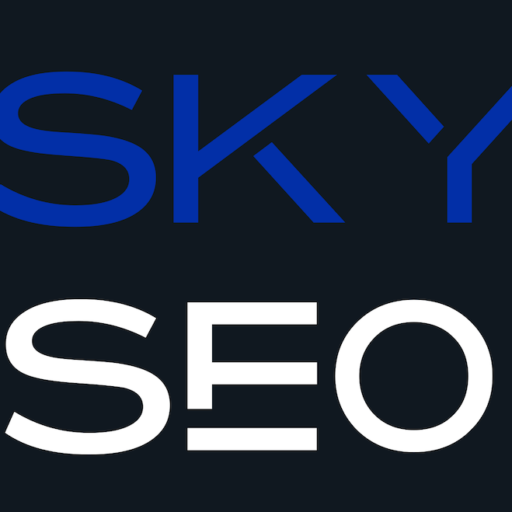The way people search for and consume information is rapidly changing. Traditional SEO is no longer just about ranking on the first page of Google — it’s about becoming the go-to source for AI-driven platforms like ChatGPT, Google Gemini, and Perplexity. These tools, often referred to as AI answer engines, are transforming how content is discovered, presented, and cited.
So, how can you ensure your website or content gets picked up, quoted, and cited by these AI tools? Below is a comprehensive strategy guide to help you future-proof your SEO efforts and position your brand as a trusted authority in the AI-first era.
Why AI Citations Matter in 2025
AI models trained on massive datasets now serve as front-line information sources for millions of users. Instead of clicking through search results, users are asking questions directly to AI and receiving summarized, cited answers — often without ever visiting a website. If your content isn’t feeding into these responses, you’re missing a major traffic and brand visibility opportunity.
AI citation isn’t just about visibility. It’s about trust. When an AI cites your content, it signals to both machines and users that your website is a credible, reliable source of information. That authority can translate into backlinks, brand exposure, and even increased conversions over time.
Strategy 1: Build “AI-Friendly” Topical Authority
AI models prioritize high-quality sources with depth. Instead of creating scattered, shallow content on dozens of unrelated topics, focus on building robust topical authority.
Action Steps:
- Create content clusters around a core theme. For example, if you’re in the fitness space, don’t just write “10 Tips for Weight Loss” — develop an entire series around sustainable nutrition, strength training, and metabolic health.
- Interlink articles within your niche to help search crawlers (and AI scrapers) understand your site structure.
- Use schema markup to help AI interpret your content more precisely. Article, FAQ, and How-To schemas are especially valuable.
Expert Insight:
AI tools are trained to spot coherence and consistency. If your site clearly specializes in one area, the chances of your content being surfaced in response to domain-specific questions go way up.
Strategy 2: Write With Retrieval-Augmented Generation in Mind
AI models like ChatGPT and Perplexity use retrieval-augmented generation (RAG) — pulling real-time or recent data from web sources to augment answers. That means your content has a better chance of being cited if it’s structured in a way that machines can easily parse and extract.
Action Steps:
- Use clear headings and bullet points. Structured content is easier to scrape and quote.
- Answer questions directly. Use Q&A-style formatting where possible to increase the chance of inclusion in AI responses.
- Avoid fluff. AI citation tools favor concise, high-value information over long-winded paragraphs.
Expert Insight:
Think of your content like a dataset. The cleaner and more structured it is, the more likely it is to be selected and cited.
Strategy 3: Publish Fresh, Reliable Information
AI systems often prefer up-to-date, time-sensitive data when answering user queries — especially for topics like health, finance, tech, or current events.
Action Steps:
- Maintain a regular content update schedule. Refresh older posts with new stats, links, and insights.
- Include publication dates and bylines. AI engines weigh content freshness and author credibility.
- Cite authoritative sources within your own content. The more reliable your references, the more trustworthy your post appears.
Expert Insight:
In 2025, freshness isn’t optional — it’s a ranking factor for both traditional search engines and AI retrieval systems. An updated article can outperform a high-ranking older post in AI citations.
Strategy 4: Optimize for AI Discovery Channels
Unlike traditional search, AI answer engines often pull from a mix of indexed sites, APIs, and real-time data scrapers. To be eligible for citation, your content must be visible and crawlable to these systems.
Action Steps:
- Allow AI crawlers like OpenAI’s GPTBot, Google’s AI crawlers, and Anthropic’s Claude to access your site via robots.txt.
- Submit your sitemap to AI-integrated engines (if supported) to improve content visibility.
- Use canonical URLs and avoid duplicate content that could confuse indexing systems.
Expert Insight:
AI crawlers operate slightly differently from Googlebot. If your robots.txt is outdated or overly restrictive, you could be blocking valuable traffic and citation potential.
Strategy 5: Focus on EEAT — Especially the “Experience” Element
Google’s EEAT guidelines (Experience, Expertise, Authoritativeness, Trustworthiness) are more relevant than ever — and AI models are increasingly trained to recognize these traits.
Action Steps:
- Add author bios to your posts with credentials and relevant experience.
- Use first-hand data, quotes, or case studies. AI tools tend to favor original insights over rehashed summaries.
- Secure backlinks from other authority sites. These reinforce your own credibility in the eyes of both humans and machines.
Expert Insight:
In 2025, AI engines are getting better at detecting original thought leadership. Posts that reflect lived experience or proprietary research have a much higher likelihood of being cited.
AI Continues to Redefine Search
As AI continues to redefine search, content marketers, SEO professionals, and business owners must evolve with it. Being cited by ChatGPT or Gemini isn’t luck — it’s strategy. By aligning your SEO efforts with the way AI engines source and prioritize content, you can future-proof your brand and stay at the forefront of digital discovery.
Getting cited by AI starts with understanding how these systems work — and ends with consistent, high-quality content creation. Optimize for structure, authority, freshness, and experience, and the citations will follow.
Need help optimizing your content for AI-driven search?
Reach out for a personalized strategy consultation or audit — let’s make your content the first answer, not an afterthought.









